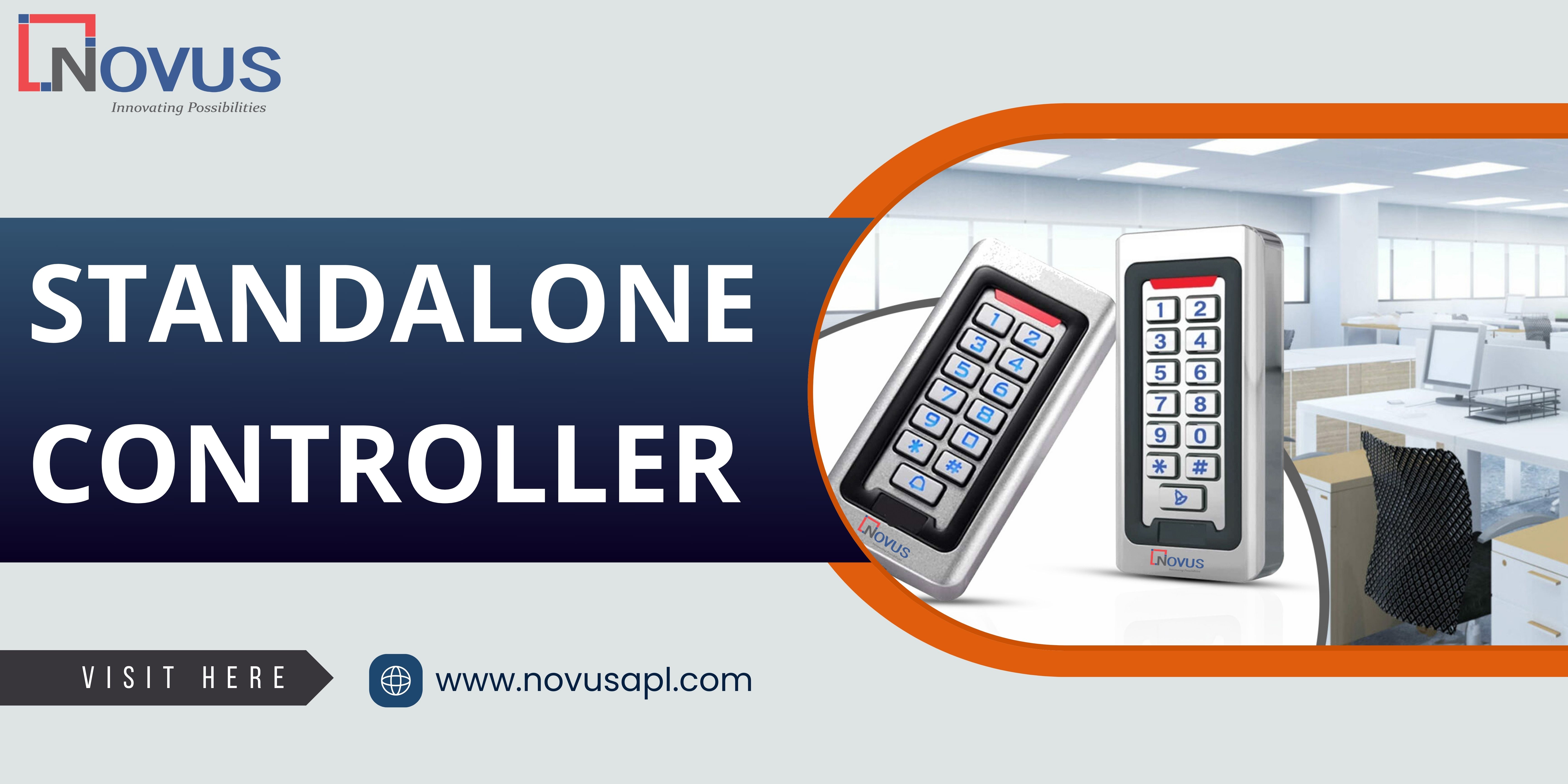
2) Understanding Standalone Controllers
3) The Role of Standalone Controllers in Energy Management
4) Benefits of Standalone Controllers in Energy Management
5) The Future of Energy Management with Standalone Controllers
As the global demand for energy continues to rise and the push for sustainable practices intensifies, the energy management sector is undergoing significant transformations. Standalone controllers are emerging as key players in this evolution, offering advanced solutions for optimizing energy use, reducing waste, and integrating renewable sources. This blog explores how standalone controllers are shaping the future of energy management, their benefits, applications, and potential impact on both consumers and industries.
Standalone controllers are self-contained devices equipped with their own processing power, memory, and input/output (I/O) interfaces. Unlike traditional controllers that depend on a central computer or network, standalone controllers operate independently, making them ideal for decentralized and scalable applications. These controllers are programmed to monitor, control, and optimize various systems without the need for constant human intervention.
Standalone controllers play a critical role in this by providing precise control and monitoring capabilities.
The future of energy management lies in the continued integration and advancement of standalone controllers. As technology evolves, these controllers will become even more intelligent, leveraging artificial intelligence and machine learning to predict and respond to energy needs more effectively. The proliferation of IoT devices will further enhance their capabilities, enabling seamless communication and coordination across various energy systems.
standalone controllers are revolutionizing energy management by offering reliable, scalable, and cost-effective solutions. Their ability to integrate renewable energy sources, optimize energy use, and provide real-time monitoring and control is paving the way for a more sustainable and efficient energy future. As industries and consumers alike recognize their potential, the adoption of standalone controllers is set to accelerate, driving significant advancements in how we manage and utilize energy.
A standalone controller is a self-contained device with built-in processing power, memory, and input/output interfaces, capable of operating independently to monitor, control, and optimize systems without relying on a central computer.
Standalone controllers increase reliability, enhance scalability, reduce costs, offer flexibility, and provide real-time monitoring and control, leading to optimized energy use and reduced waste.
They manage solar panels and wind turbines, optimizing their operation to maximize energy capture and efficiency.
They assist in balancing supply and demand through demand response, and manage energy storage systems to maintain grid stability and reliability.
They offer real-time data acquisition and control capabilities, allowing for immediate adjustments and improvements in energy efficiency.
Accelerate Your Business with Novus Automation
Become a Partner